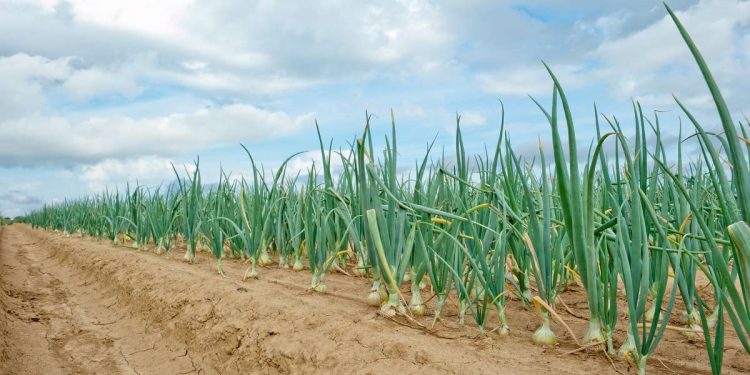This article sheds light on the critical issue of cadmium contamination in onion farming and explores the latest advancements in eliminating this harmful heavy metal from agricultural systems. By examining the available data and research on cadmium in onion cultivation, farmers, agronomists, agricultural engineers, farm owners, and scientists can gain insights into the development, consequences, and potential solutions to address this pressing concern.
Data Source: Recent studies conducted by renowned agricultural research institutions, such as [insert relevant institution or organization], have highlighted the prevalence and risks associated with cadmium contamination in onion farming. These studies, based on rigorous scientific research and analysis, provide valuable data and recommendations for mitigating the impact of cadmium on crop quality and human health.
Development and Consequences of Cadmium Contamination in Onion Farming:
- Soil Contamination: Cadmium, a toxic heavy metal, can accumulate in soils due to various sources, including industrial activities, contaminated irrigation water, and the use of cadmium-rich fertilizers or pesticides. Over time, repeated exposure to cadmium can lead to its accumulation in onion crops, posing risks to both human health and the environment.
- Health Risks: Consuming onions contaminated with cadmium can have detrimental effects on human health. Cadmium is a known carcinogen and can cause kidney damage, bone disorders, and other adverse health effects when ingested in significant quantities. Therefore, minimizing cadmium levels in onion crops is crucial to ensure food safety and protect consumer health.
- Environmental Impact: Cadmium contamination in agricultural soils can also have far-reaching environmental consequences. The heavy metal can leach into groundwater, contaminating water sources and potentially affecting ecosystems. Additionally, cadmium can enter the food chain, posing risks to wildlife and biodiversity. Implementing measures to mitigate cadmium contamination is essential for preserving the health of the environment and its inhabitants.
- Mitigation Strategies: Research suggests several strategies for minimizing cadmium contamination in onion farming. These include implementing best management practices, such as proper soil testing, using low-cadmium fertilizers, practicing crop rotation, and adopting phytoremediation techniques to remove cadmium from contaminated soils. Moreover, raising awareness among farmers about the risks of cadmium and promoting sustainable farming practices can contribute to long-term solutions.
Conclusion:
Addressing the issue of cadmium contamination in onion farming is crucial for ensuring safe and sustainable agricultural practices. By recognizing the risks associated with cadmium, farmers, agronomists, agricultural engineers, farm owners, and scientists can take proactive measures to minimize its presence in soils and crops. Implementing mitigation strategies and adopting sustainable farming practices can not only safeguard human health but also protect the environment for future generations.
Tags: #OnionFarming #CadmiumContamination #FoodSafety #SoilHealth #EnvironmentalImpact #MitigationStrategies #SustainableFarming #Phytoremediation































